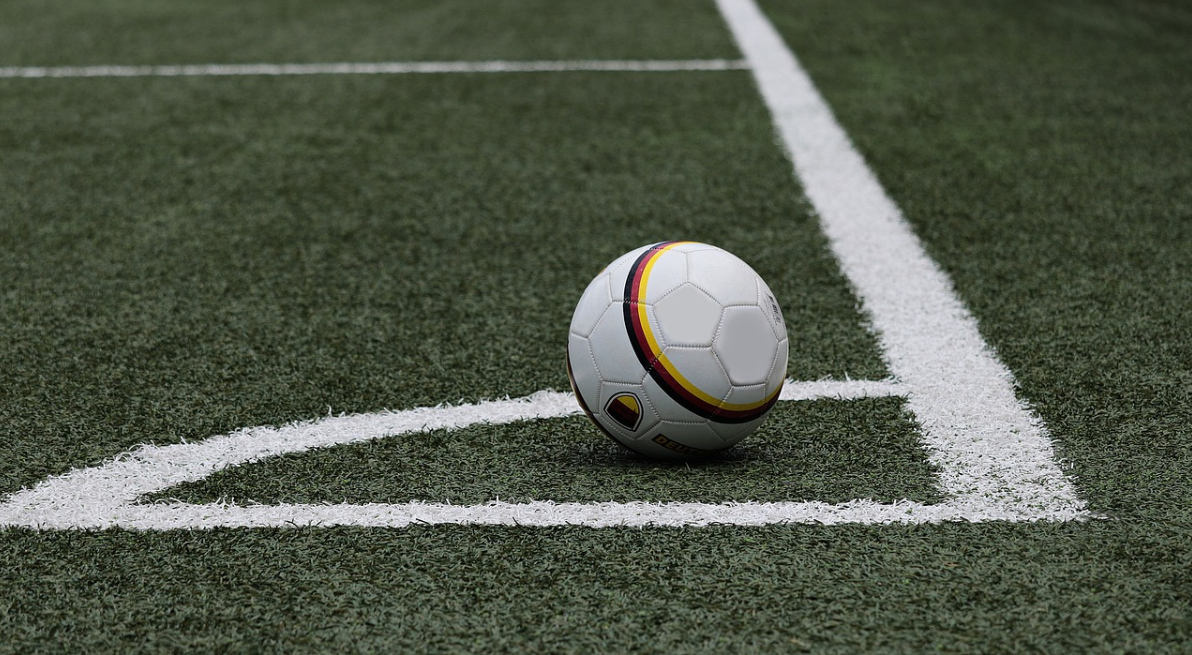Aivi Luik's Doping Controversy and its Implications for the Paris Olympics
Matildas' midfielder Aivi Luik was banned for three months by Italian anti-doping authorities due to a cortisone injection received in 2022. This led her to withdraw from the Paris Olympics consideration. Despite not failing any anti-doping tests, Luik has fought unsuccessfully to clear her name before an Italian tribunal.

- Country:
- Australia
Matildas midfielder Aivi Luik faced a three-month ban from Italian anti-doping authorities this year over a cortisone injection administered in 2022, causing her to withdraw from the Paris Olympics selection.
Luik, 39, revealed on Australia's Sports Ambassador podcast that she was notified about the anti-doping rule violation on April 24, six weeks prior to the squad announcement by former coach Tony Gustavsson.
In her statement, Luik expressed fears that the issue would negatively affect the Australian team during the Olympic tournament, prompting her decision to remove herself from consideration.
Although Luik had not failed an anti-doping test and denied any wrongdoing, Nado Italia rejected her therapeutic use exemption (TUE) application, filed by her club post-injection.
TUEs permit athletes to use banned substances for medical conditions. However, Luik's TUE was incorrect and sent to the wrong authority.
After the injection, club officials imposed a 60-day suspension to ensure her body was clear, sidelining her for the rest of the season.
Luik contested the ban before an Italian anti-doping tribunal, arguing the injection was taken out-of-competition and not for performance enhancement, but was found marginally negligent due to strict liability rules.
Both Nado Italia and Football Australia have yet to comment. In the meantime, Professional Footballers Australia (PFA) continues to support Luik, emphasizing the need for an anti-doping system that respects athletes' rights.
(With inputs from agencies.)










